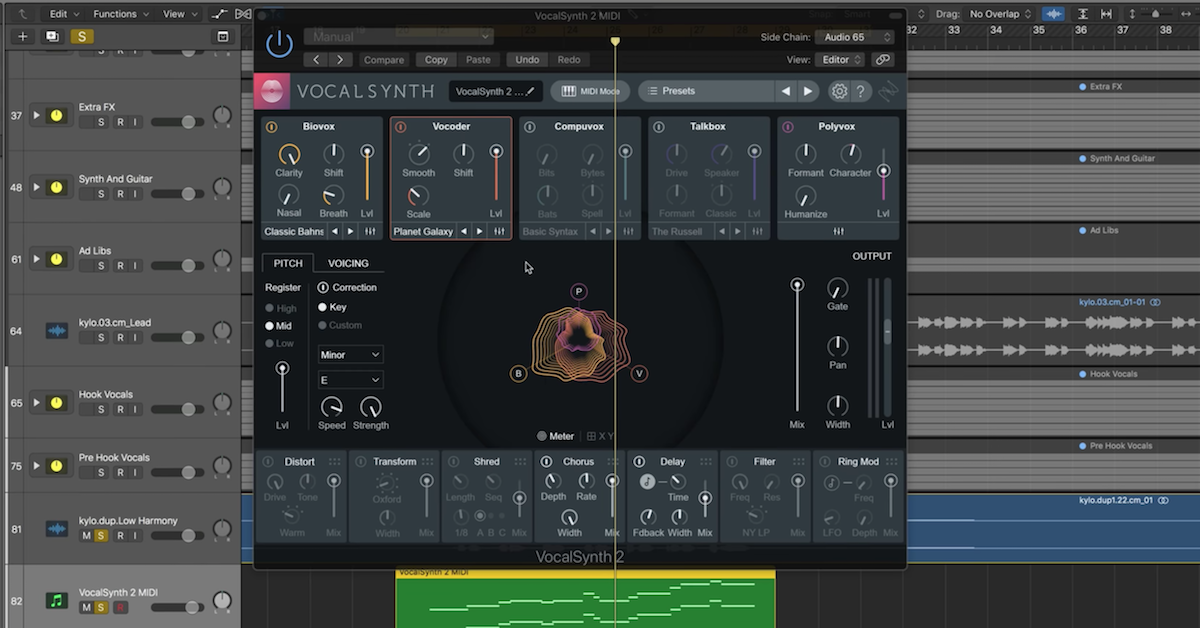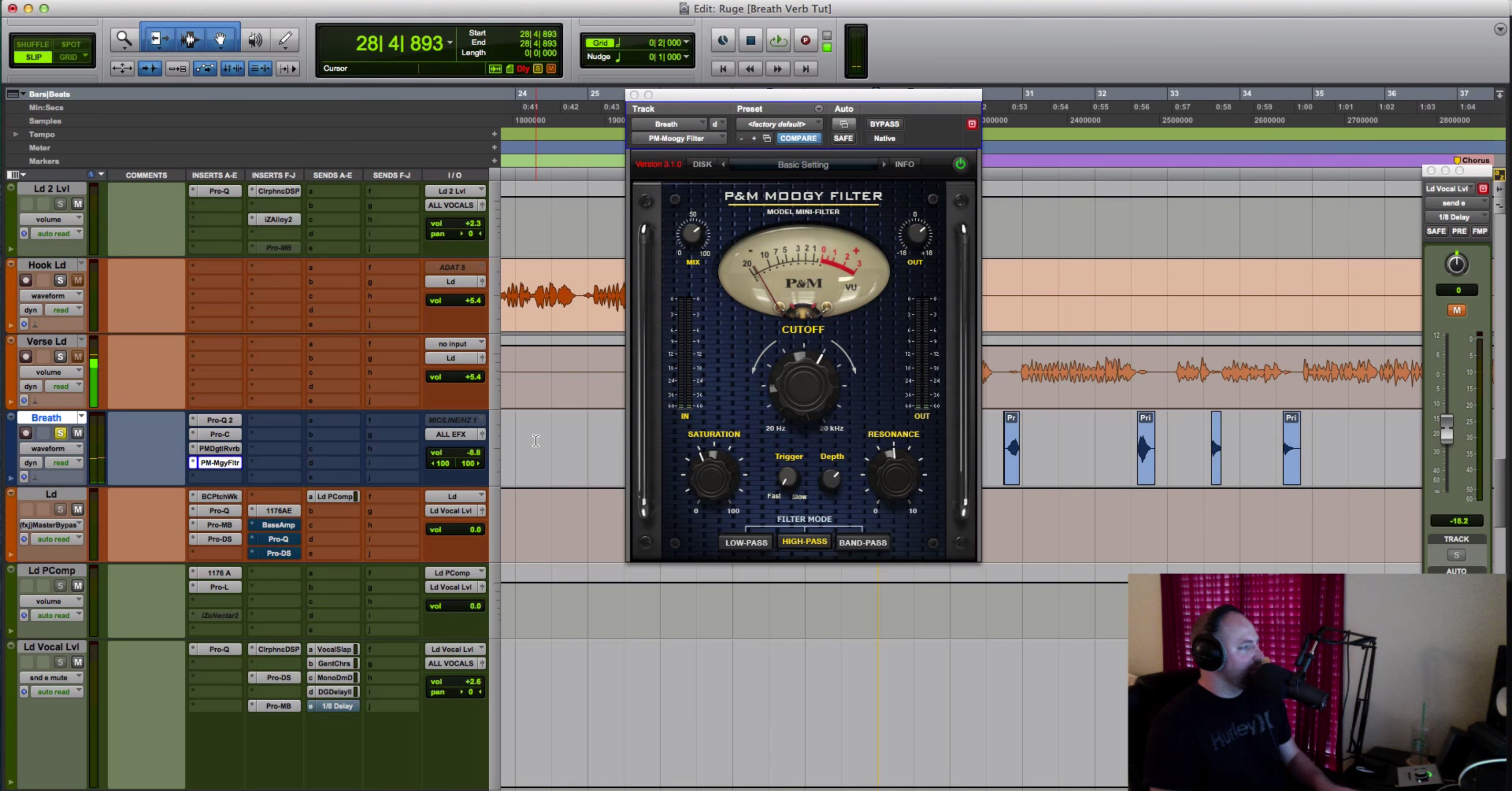7 Effective Ways to Overcome Writer’s Block
Article Content
Writer’s block is a problem that every creative person has encountered at some point. It’s frustrating, depressing, and just a bad time for any of us creative folk. However, one of the things that separates professionals from amateurs is how they deal with writer’s block.
It takes a long time to become fully in control of writer’s block, but here are some easy steps you can take when you’ve hit a creative wall. I’m a composer, so most of my advice will be geared towards composition, but also applies to any creative field.
1. Impose a Deadline
This comes from my personal experience as a student. Going to a music school comes with very strict deadlines.
Tell yourself that by 9pm tonight, you will have a new song, you will finish a mix, whatever it might be. Don’t worry about making something incredible, just do something. Heck, make it as horrible sounding as you can. The point is that you are forcing your brain to be creative, even if the end product sucks.
If 9pm rolls around, and you hate what you have done, so what? No one has to hear it, and you can always hit delete. Plus, you have learned what you don’t like, which is just as important as learning what you do like. Unfortunately, this can be hard to do with yourself. If you have a significant other or family living with you, have them hold you to that deadline.
2. Limit Your Tools
In a similar vein, add some limitations to that deadline.
I had an assignment in a songwriting class to write a four minute song that could only use one chord and three instruments. Crazy right? I struggled over the task forever, positive that there was no way I would get the assignment done. But, coming down to the deadline, I just banged something out using 2 guitars and a cello, playing around with an F chord for four minutes. While I’m not going to be getting to the top of the charts with that piece, the limitations forced me out of my comfort zone and I had to be creative in a new way.
For composers, force yourself to write something in the octatonic scale or using a tone-row!
Engineers, try mixing a song using only a very limited number of tools. You’ll probably learn how to make that tool more versatile for yourself.
Whatever you come up with that seems impossible, set a deadline for yourself and just do it! You’re making your brain think differently, even if it the finished result sucks. However, if you hate what you’ve done, oh well! You can delete it, and I can guarantee you still learned something in the process. And now have a new tool under your belt.
3. Switch Instruments
Do you play an instrument? If not, learn one! If you do, learn a new one.
The goal here is not to become a virtuoso, but having a different sound and note layout can inspire new ideas. I’m a decent guitar player, and a terrible piano player, but I switch between the two when I’m writing because I write in a completely different way on each.
For producers or engineers, learning an instrument can help you better communicate with your clients and offer suggestions that will set you apart from others in your field.
4. Get Weird
Try an unusual technique on your primary instrument.
If you play piano, try writing a piece using prepared piano. One thing I have done to get an interesting sound was take an electric bass guitar, buy some ribbon used for wrapping presents, and cover the ribbon in bow rosin to bow the strings like a violin bow would. Play around for a while.
Even if you don’t like the sound, record it anyway and make some samples. You never know when they might come in handy.
5. Find Existing Inspiration
Get inspiration from someone else’s song. Jam over a song you like. What often happens is you’ll come up with some new ideas when improvising over an existing song. Then you can take those ideas, and write a completely new song around it. You’re not using someone else’s song in a sampled or plagiarized sense — more like a springboard for new, unique ideas. Even if you end up blatantly ripping off the first song, who cares, no one else has to hear it.
6. Learn a Song
Learn someone else’s song. Try and figure out what you like about the song, take that and make it your own. Obviously, if it ends up being exactly the same as the original, never pass it off as your own, but you might find a new idea or take it in a new direction that you can use for your own material.
7. Unplug
If you can write sheet music, go to a spot with no instruments or computer, and write some music. Seriously. Come up with the idea in your head, and put it on paper. Just keep writing sheet music for an hour or so, without ever touching an instrument or computer.
Even if you don’t know much about the written language of music, do it anyway! This has yielded some great ideas for me that I never would have come up with any other way, even though the music I wrote out sounded nothing like what was in my head.
—
If there was one big secret I’ve learned from talking to many composers and musicians, it’s that they don’t let writer’s block effect them. They practice for years to stop and destroy the dark shadow writer’s block casts. If you were a plumber, could you go into work and say “oh, I can’t fix your pipes today, I have plumber’s block?” No way. You do it anyway. While plumbing isn’t a perfect example because it’s a relatively uncreative field (no offense to any plumbers), you get the idea.
As creative types, we won’t have mind-blowing ideas every day of the week. What you need to learn to do is take any idea, and craft it into a mind-blowing idea. This isn’t to say every song you write and every mix you do must be the most amazing thing anyone has ever heard in their life. But practice makes perfect, and writer’s block should never get in the way of doing what you love.





